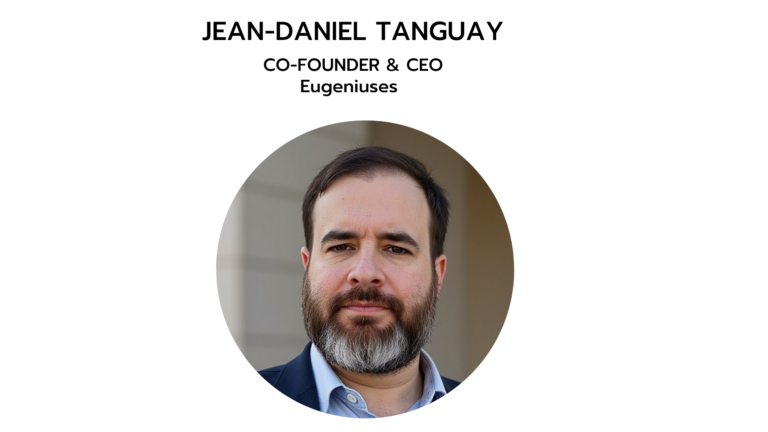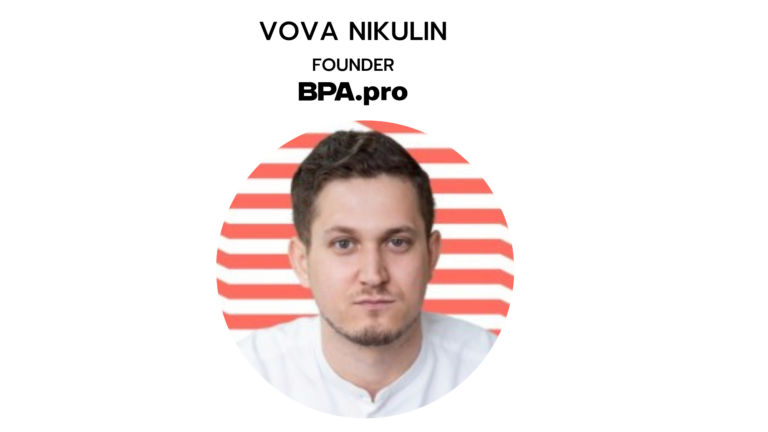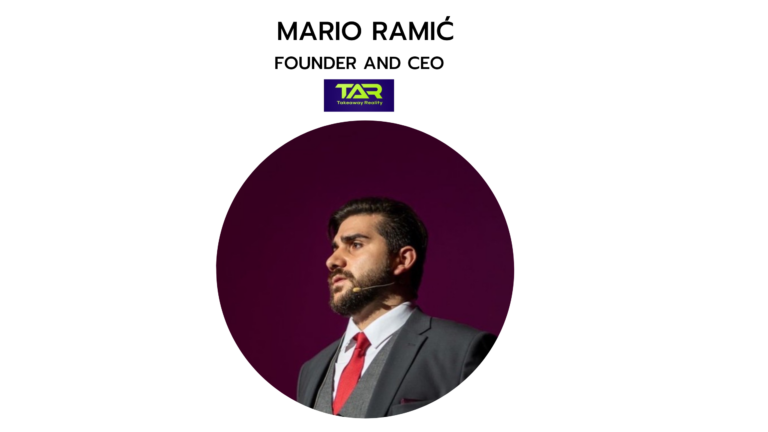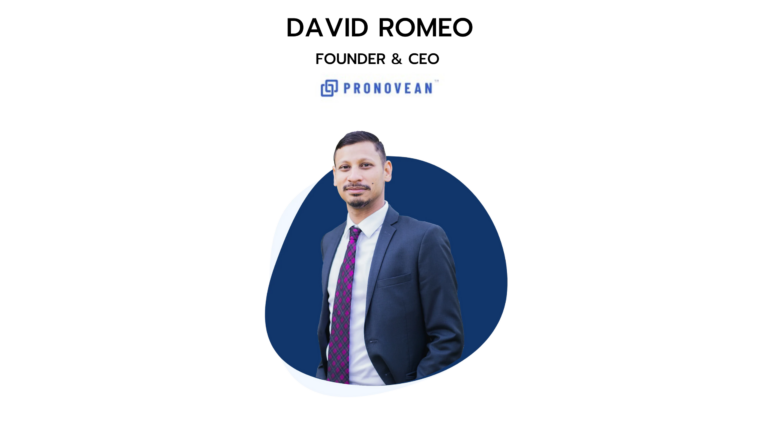Bruno Gavino of Codedesign explains in this interview how AI is revolutionizing marketing through hyper-personalization, predictive analytics, and real-time content generation, enhancing customer engagement and campaign efficiency. Businesses are leveraging AI for audience segmentation, dynamic ad optimization, and creative automation, leading to higher ROI. Industries like e-commerce, healthcare, and financial services benefit the most, using AI for personalized recommendations, fraud detection, and adaptive content. However, AI is only as effective as the data it learns from, emphasizing the need for high-quality data and human oversight. Companies should adopt AI strategically, focusing on areas where it adds real value while maintaining a balance between automation and human creativity.
What AI trends do you think will shape the future of marketing?
AI-driven hyper-personalization, predictive analytics, and real-time content generation will redefine marketing. Large Language Models (LLMs) will become even more sophisticated, enabling more natural and nuanced customer interactions. Additionally, AI-powered automation will streamline ad targeting, reducing waste while improving ROI.
How do you see AI making marketing more effective in the next few years?
AI will refine audience segmentation, allowing marketers to deliver highly personalized experiences at scale. Real-time data analysis will enable businesses to adjust campaigns dynamically, optimizing performance instantly. AI will also enhance creative processes by generating compelling visuals, copy, and video content tailored to specific audiences.
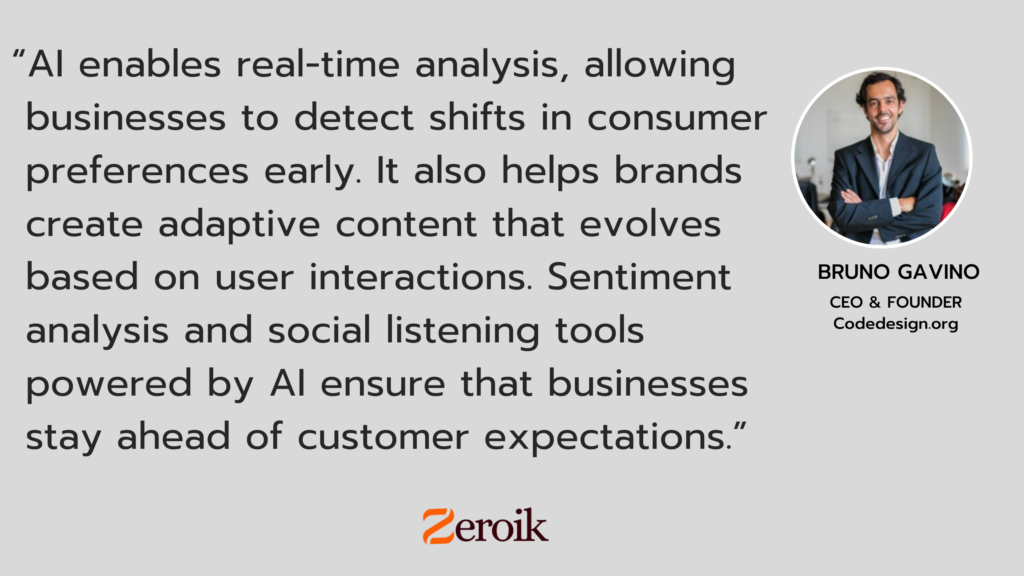
Can you share how AI has helped you improve customer engagement?
We’ve leveraged AI to analyze user behavior and predict what content resonates most (we have our own tools). AI-driven chatbots and recommendation engines have significantly improved conversion rates by delivering relevant messaging at the right time. The ability to anticipate customer intent has transformed how we approach engagement.
What’s the most innovative way you’ve used AI in marketing?
One of the most exciting applications was using AI to dynamically adjust ad creatives and dynamic landing pages based on real-time performance data. Instead of A/B testing static ads, we implemented AI-powered creative optimization, generating variations on the fly to maximize engagement. This resulted in a 40% increase in ad efficiency.
How do you mix creativity with AI in your campaigns?
AI acts as an enabler rather than a replacement for creativity. We use AI to analyze patterns, generate ideas, and optimize execution, but the strategic vision and emotional storytelling still come from human creativity. By combining AI’s data-driven insights with human intuition, we create campaigns that are both innovative and emotionally compelling.
Which industries do you think will gain the most from AI in marketing?
E-commerce, healthcare, and financial services will see the biggest impact. E-commerce brands can leverage AI for personalized recommendations and inventory optimization. Healthcare marketing can use AI to tailor patient communication, and financial services can enhance fraud detection and customer engagement.
What lessons have you learned from using AI in your work?
AI is powerful, but it’s only as good as the data it learns from. Poor data quality leads to suboptimal results. Another key lesson is that AI should augment human expertise, not replace it. The best results come from a synergy between AI-driven insights and human strategic thinking.
How can AI help businesses keep up with changing customer needs?
AI enables real-time analysis, allowing businesses to detect shifts in consumer preferences early. It also helps brands create adaptive content that evolves based on user interactions. Sentiment analysis and social listening tools powered by AI ensure that businesses stay ahead of customer expectations.
Are there any new AI tools or trends you’re excited to try?
I treat AI development like traditional software development – iterative and user-driven. Feedback loops are incorporated at I’m particularly excited about generative AI for video content and AI-powered assistants that enhance conversational marketing in B2B. Also, the evolution of AI in SEO—particularly tools that predict search intent more accurately—will be game-changing.
What tips would you give to companies starting with AI in marketing?
Start with a clear objective—don’t implement AI for the sake of it. Focus on areas where AI can add real value, such as automation, personalization, or analytics. Ensure you have high-quality data, and don’t overlook the importance of human oversight. AI is a tool, but strategic vision still drives success.

